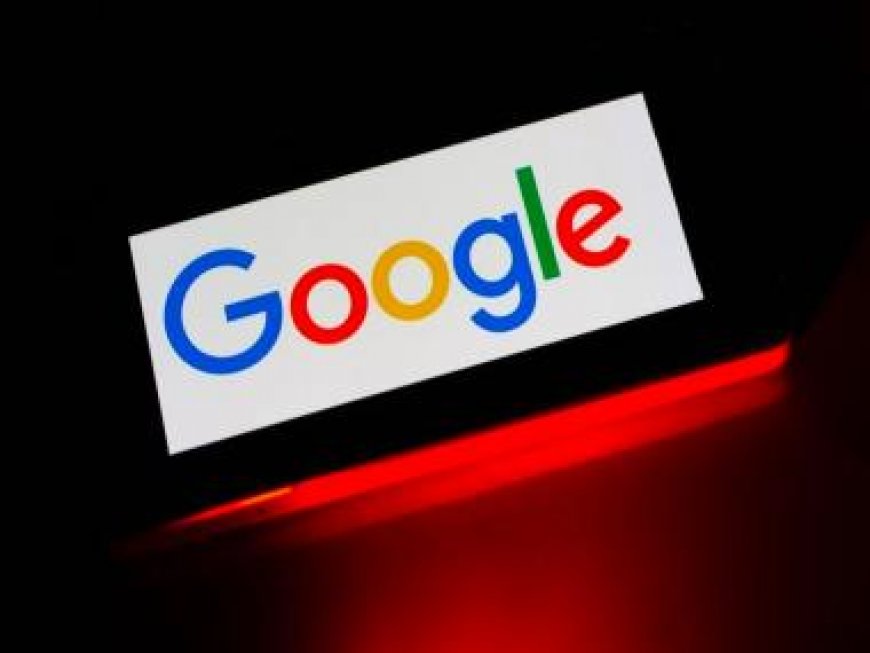Google is facing a $7bn patent infringement case because of its AI, accused of stealing key tech
Google is facing a $7bn patent infringement case because of its AI, accused of stealing key tech

Google is set to appear before a federal jury in Boston on Tuesday, facing accusations of patent infringement related to processors used in its Artificial Intelligence technology.
Singular Computing, founded by computer scientist Joseph Bates, alleges that Google copied his technology to power AI features in prominent products such as Google Search, Gmail, and Google Translate.
According to court filings, Singular Computing is seeking up to $7 billion in monetary damages, surpassing the record for the largest-ever patent infringement award in US history.
Google’s spokesperson, Jose Castaneda, dismissed Singular’s patents as “dubious” and asserted that Google developed its processors independently over many years.
Castaneda expressed confidence in setting the record straight during the trial, which is expected to last two to three weeks.
Singular’s complaint, filed in 2019, claims that Bates shared his computer-processing innovations with Google between 2010 and 2014. Singular contends that Google’s Tensor Processing Units, crucial for enhancing AI capabilities, copied Bates’ technology, infringing two patents.
The lawsuit emphasizes an improved circuit architecture discovered by Bates, revolutionizing AI training and inference methods.
Google introduced its processing units in 2016 for applications like speech recognition, content generation, and ad recommendation.
Singular argues that versions 2 and 3 of the units, introduced in 2017 and 2018, violate its patent rights.
In a court filing in December, Google asserted that its processors function differently from Singular’s patented technology and claimed the patents are invalid.
The filing mentioned Google’s rejection of Bates’ technology, stating that the company explicitly communicated that the idea was not suitable for its applications.
Simultaneously, a US appeals court in Washington will hear arguments on Tuesday regarding the potential invalidation of Singular’s patents in a separate case.
This case originated from Google’s appeal of a decision made by the US Patent and Trademark Office.
(With inputs from agencies)
What's Your Reaction?



























































